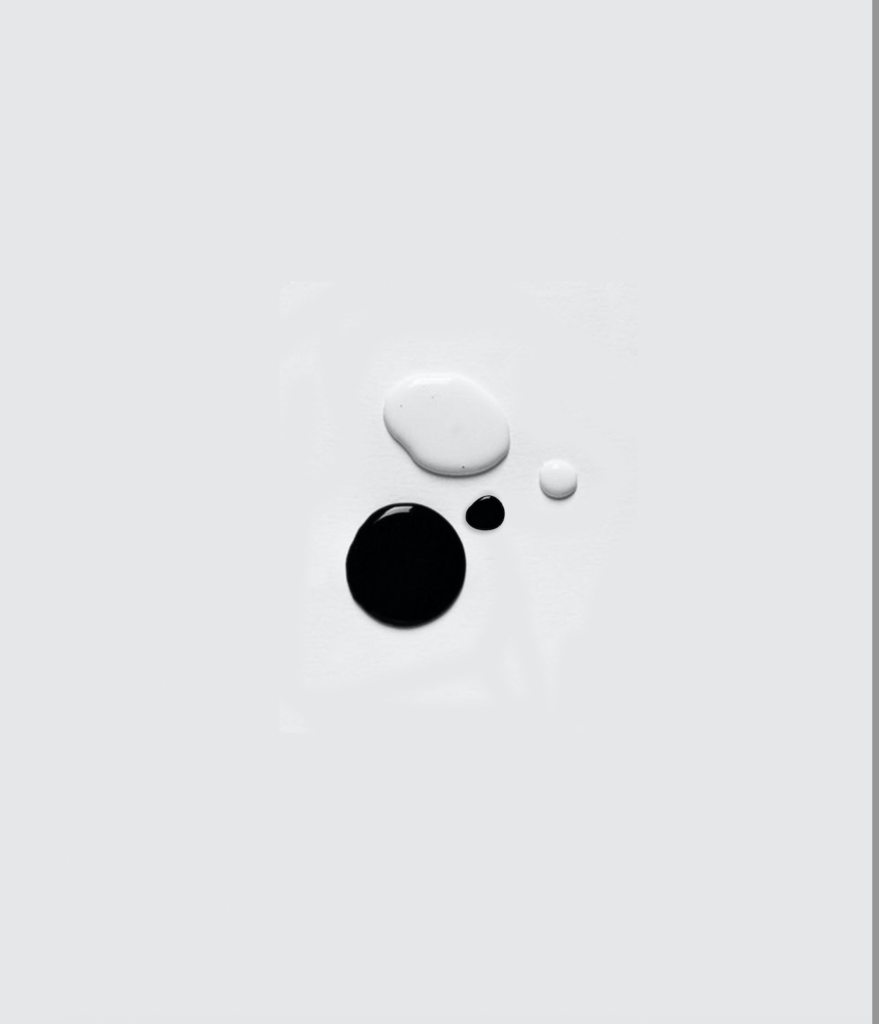From a post by Susanna Carman of Transition Leadership Lab…
In a time when dominant narratives call for endless growth, accumulation, and addition, there is perhaps an overlooked value in subtraction practiced in support of collaboration. At least that’s what a group of us at AR+ played with as we developed the notion – and the practice – of subtractive awareness. We have since published a paper about subtractive awareness so as to share what it means and why it matters.
We the authors (Hilary Bradbury, Chris Riedy, Susanna Carman, Susie Pratt, Bem Le Hunte and Meghna Guhathakurta) start by acknowledging the dangerous convergence of economic, ecological and cultural forces that are amplifying volatile, complex and uncertain conditions. We are not alone in seeing humanity rapidly reaching a planetary turning point for which our past experience and current knowledge are necessary AND insufficient to meet the challenges arising from a world in transition. Agreeing we need access to both individual and collective capacities that will enable us to respond wisely to the poly-crisis we asked ourselves:
Our paper describes our response. In introducing the concept of subtractive awareness as, “becoming aware of the obstacles that inhibit creative action with others… (by) letting go of self-identities that are no longer fit for collaborative purpose,” we saw it as a helpful invisible catalyst for getting co-active.
The term subtractive awareness itself emerged within the context of our eight-month coLAB at AR+ that explored self-identity through the intersecting lenses of narrative and adult development. As participants who shared a common bond with fellow educator-change leaders, each of us committed to our own reflexive practice whilst also leading others through transformation journeys in service of humanity’s flourishing.
With a typical action researchers’ focus on praxis, our paper includes our first person vignettes describing choices we made throughout the coLAB that challenged habitual patterns in:
In essence, we began to make visible hidden commitments that bind us to familiar narratives about ‘self’ that ultimately constrain us individually and stymie creative collaboration. Using a developmental assessment we each stepped to our edge and began to experiment with liberating more of what we’re capable of when working with others. For example, one of us, a professor experimented with always having an overly structured agenda so that students could be more participants rather than observers; another realized there was too much “sage on the stage” energy in how she operated…etc.
What made this letting go of cherished and successful ways of being possible in this coLAB? The paper argues in favor of the relational space as a precondition for participants who possessed the developmental capacity to: 1) share their conscious intent, 2) hold brave space together, and 3) deconstruct self-identity without fear of existential uncertainty or loss of support from others.
We see the practice of subtractive awareness as part of a practical pathway forward for many more educator-change leaders. It enables us to mature more choicefully, hold transformative learning space for others, and live into new self-narratives that will prepare us for wise and creative collaboration in response to uncertain futures. Less Sage on the Stage means more wisdom unleashed; less structured agendas means…more wisdom unleashed! There is no simple paint by numbers approach, and…
- To understand more what our experiment in subtractive awareness looked like read the paper – which lives outside the paywall, Bradbury, Riedy, Carman et al, 2023 Subtractive Awareness. In Journal of Awareness Based Systems Change Volume 3, Issue 1, p 17-38.
- To join in the spirit of practicing subtractive awareness, consider joining our groups practice sessions at the upcoming Transformations Conference in Sydney.
- And jump in deeper! Know that one of our group, Susanna Carman, will lead a similarly spirited Transition Leadership Lab that kicks off July 24th, 2023.
|

